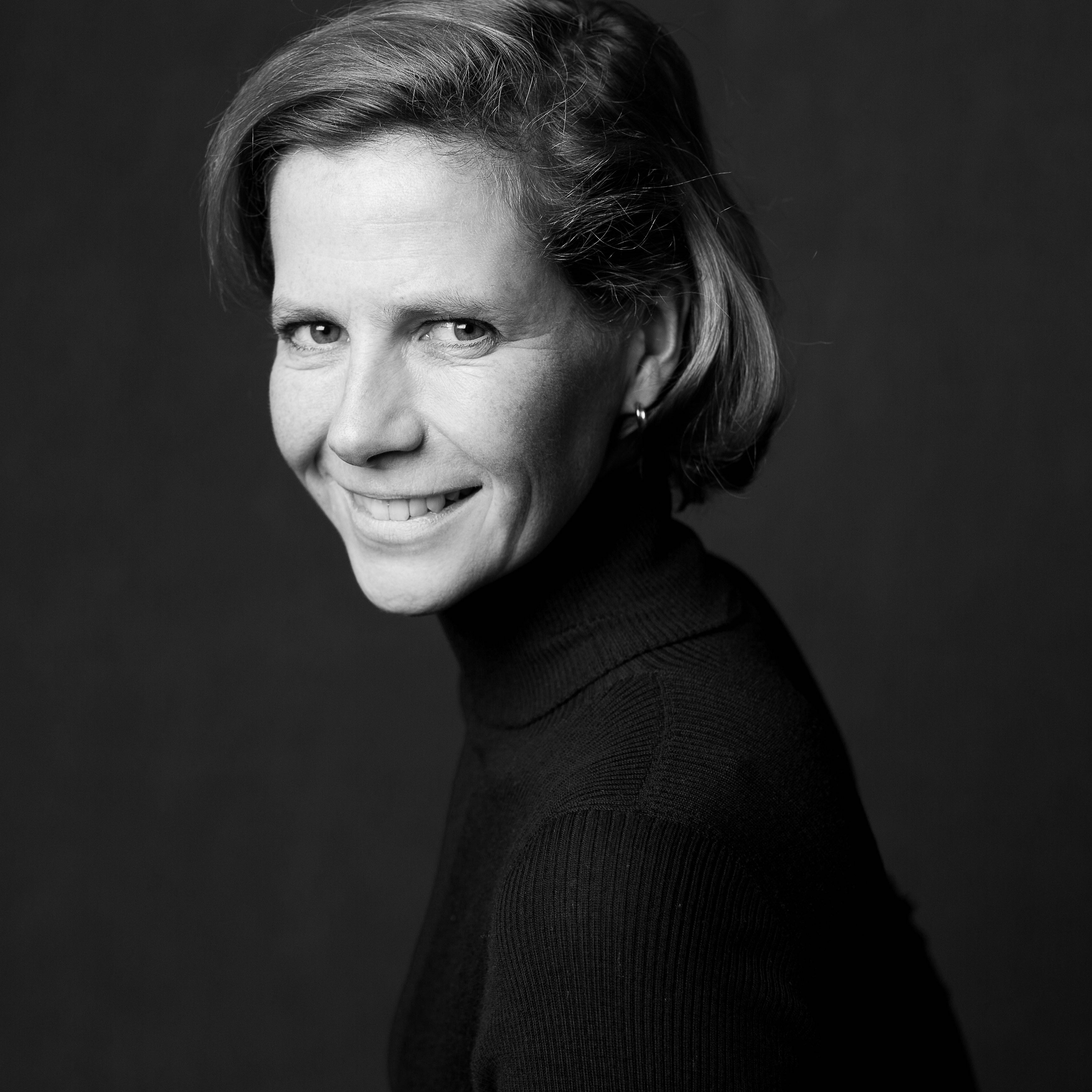Category: Evolution
-
Epigenetics, the misunderstood science
A little over a decade ago, a clutch of scientific studies was published that seemed to show that survivors of atrocities or disasters such as the Holocaust and the Dutch famine of 1944-45 had passed on the biological scars of those traumatic experiences to their children. The studies caused a sensation, earning their own BBC…
-
Could whistling shed light on the origins of speech?
FOR centuries, shepherds from the small village of Aas in the French Pyrenees led their sheep and cattle up to mountain pastures for the summer months. To ease the solitude, they would communicate with each other or with the village below in a whistled form of the local Gascon dialect, transmitting and receiving information accurately…
-
The next pandemic? It may already be upon us
WOULDN’T it be wonderful if there were a silver lining to this pandemic? If history is anything to go by there may actually turn out to be a number of them, though we can’t quite see them yet, but here’s one that is just beginning to gleam. In the words of Prof Kevin Outterson: “Today,…
-
Coronaviruses on the wing
BATS in the frontier regions of south and south-west China harbour other coronaviruses that already have the capacity to cross over to humans, a prominent Chinese scientist has said… This article was first published in The Guardian on 4 December 2020. To continue reading, click here.
-
Arms and the virus
LETTING the virus that causes Covid-19 circulate more-or-less freely is dangerous not only because it risks overwhelming hospitals and so endangering lives unnecessarily, but also because it could delay the evolution of the virus to a more benign form and potentially even make it more lethal… This article first appeared in The Guardian on 19 November…
-
On pathogen evolution
A DEEPLY entrenched idea, that newly emerged agents of disease inevitably evolve to become more benign over time, is scientifically unfounded, according to new research… This story was first published in The Guardian on 19 November 2020. To continue reading, click here.
-
Body consciousness
PARTS of Ann Arbor bring The Truman Show to mind, with their wood-frame houses and white picket fences. Home to the University of Michigan, the city oozes middle-class prosperity and security. So, while doing research there a decade ago, Sarah Garfinkel was shocked to discover that young veterans of wars in Iraq and Afghanistan felt…
-
Europe’s first farmers
EIGHT thousand years ago small bands of seminomadic hunter-gatherers were the only human beings roaming Europe’s lush, green forests. Archaeological digs in caves and elsewhere have turned up evidence of their Mesolithic technology: flint-tipped tools with which they fished, hunted deer and aurochs (a now extinct species of ox), and gathered wild plants. Many had…
-
Food, globalisation and pandemics
ONCE a dangerous new pathogen is out, as we are seeing, it can be difficult if not impossible to prevent it going global. One as contagious as SARS-CoV-2 has the potential to infect the whole of humanity. Eighty per cent of cases may be benign, but with such a large pool of susceptible hosts, the…
-
Is factory farming to blame for coronavirus?
WHERE did the virus causing the current pandemic come from? How did it get to a food market in Wuhan, China, from where it is thought to have spilled over into humans? The answers to these questions are gradually being pieced together, and the story they tell makes for uncomfortable reading… This article first appeared…
